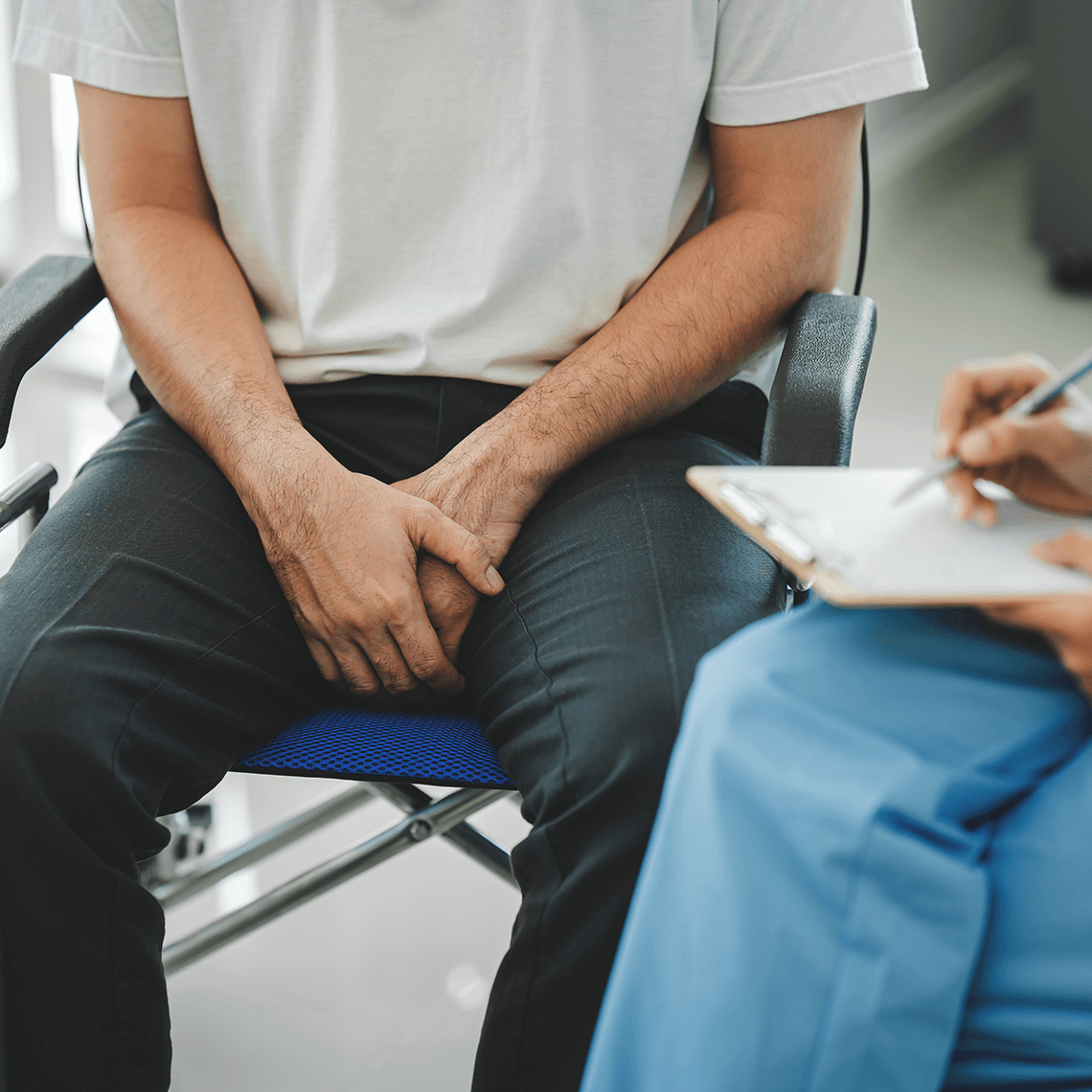Podcast
Clinicians are Far from Alone During a Lawsuit
Jan 28, 2021

Duration: 6:06
Preparation for the deposition and trial testimony can be paramount to a successful defense.
This podcast is an episode of Safety Net. You can find other episodes and subscribe using the links to the right.
Transcript
Being accused of medical malpractice can be devastating. A doctor or nurse in that situation may experience a wide range of emotions, including fear, guilt, shame, embarrassment and anger. They may also worry about the time demands of a lawsuit, credentialing ramifications, loss of licensure, negative publicity or risks to personal assets.
More than 95% of providers react to being sued by experiencing periods of emotional distress during the litigation process. Doctors and nurses are particularly vulnerable because, as a group, they are self-critical and have a tendency to doubt themselves–even more so when a patient has accused them of being at fault.
Yet, a clinician defendant needs to overcome these intellectual and emotional obstacles to do his or her part in the defense of their case. Despite widespread perceptions about never talking about the case, defendant clinicians do not need to suffer from a perceived “code of silence.” Although they shouldn’t discuss the details of their case, their feelings matter and can be shared.

At CRICO
Within the Harvard medical system, CRICO-insured physicians who have been sued are provided access to consultants, support groups, study groups, interactive focus groups, and mock trials—all tailored to an individual defendant’s particular needs. Why? The defendant is the single most important witness at trial. In many cases, the outcome of a trial will come down to whether or not the jurors like and trust the defendant. In other words, for jurors, the decision about whether or not to award damages in a malpractice case boils down to watching the person’s testimony. Jurors will ask themselves whether or not the defendant is the type of healthcare provider they would trust with their care. If the answer is yes, the defendant should fare well. If the answer is no, they may face an uphill battle winning their case. Preparation for the deposition and trial testimony can be paramount to a successful defense.
In Massachusetts
Approximately 6% of all civil cases filed in MA are medical malpractice, but 20% of all civil trials are medical malpractice. Why do more medical malpractice cases in MA go to trial than any other type of case? Because the odds are in the clinician’s favor. Significantly in their favor. Of the medical malpractice cases that go to trial, providers prevail 90% of the time. That’s right: in MA, 90% of the time the verdict in a medical malpractice will be for the defense.
The outcomes aren’t as good in other states, which tells us a couple of things. First, defense teams in Massachusetts do an exceptionally good job of choosing which cases should be tried and which cases should be settled or denied. And second, most jurors will give a physician the benefit of the doubt IF they feel that he or she can be trusted.
Facing the Jury
Medical malpractice cases are unique in that every juror has had personal healthcare experiences that shape his or her beliefs about the nature and quality of healthcare services. And their healthcare experience, by and large, is about trust. Most people make decisions about their healthcare providers based on gut feelings about their interactions. Most doctors probably know from first-hand experience that the typical patient meets with a provider, watches and listens, and quickly makes a decision about the provider’s likeability, competence, and trustworthiness.
In a medical malpractice lawsuit, jurors make the same type of gut decisions but the only type of interaction they have with defendant clinicians is their testimony. Their presentation at deposition and at trial, is therefore, a vital component of their medical malpractice defense.
While jurors are strongly influenced by the performance of key witnesses in any litigation, medical malpractice litigation is unique because the clinician defendant’s performance becomes symbolic of the quality of care that they provided.
Yet, public speaking is not easy for most people. To add to the equation, public speaking in a courtroom, which clearly raises the stakes and the stress level, can be overwhelming. Support for clinician defendants will often include guidance on how to publicly express themselves as the caring, competent provider they truly are.
Virtually every case invokes sympathy for the patient or family. A baby born with devastating neurologic injuries. A young mother diagnosed with breast cancer. A father with children in college, dead from a heart attack. There wouldn’t be a medical malpractice trial if the stakes weren’t high. But a bad outcome alone doesn’t mean that clinicians were in any way negligent. Doctors and nurses shouldn’t feel like the cards are stacked against them because they’re not. Remember that they will win 90% of the time if the case does go to trial.
And if it does, the defense team’s job is to find the right tools for defendant clinicians to overcome common testimony hurdles and give them the confidence they need to succeed. It’s important they know they aren’t alone, because they aren’t.
Published in 2015. Reviewed in January 2021.
About the Series
We’ve got you.
Our Safety Net podcast features clinical and patient safety leaders from Harvard and around the world, bringing you the knowledge you need for safer patient care.
Episodes
$1.5 Billion in Miscommunication: Medmal Data Report Finds Opportunities

Case Dismissed! Every Medical Defendant’s Dream Still Holds Some Nightmares

Expert: Communication Is Top Fix for Prostate Care Allegations


